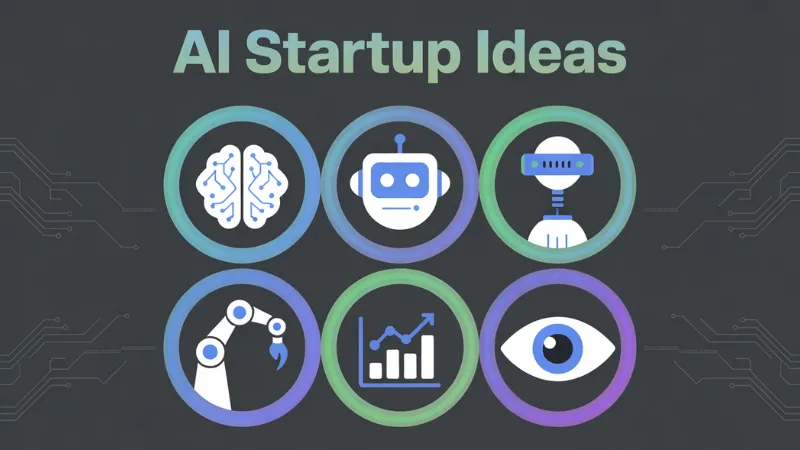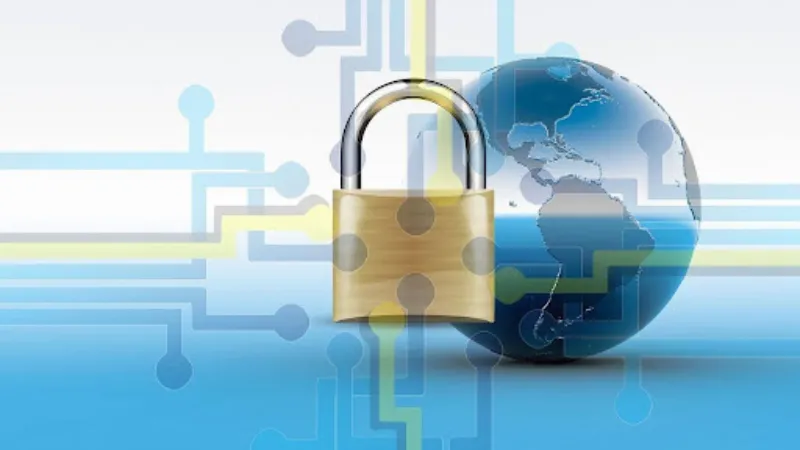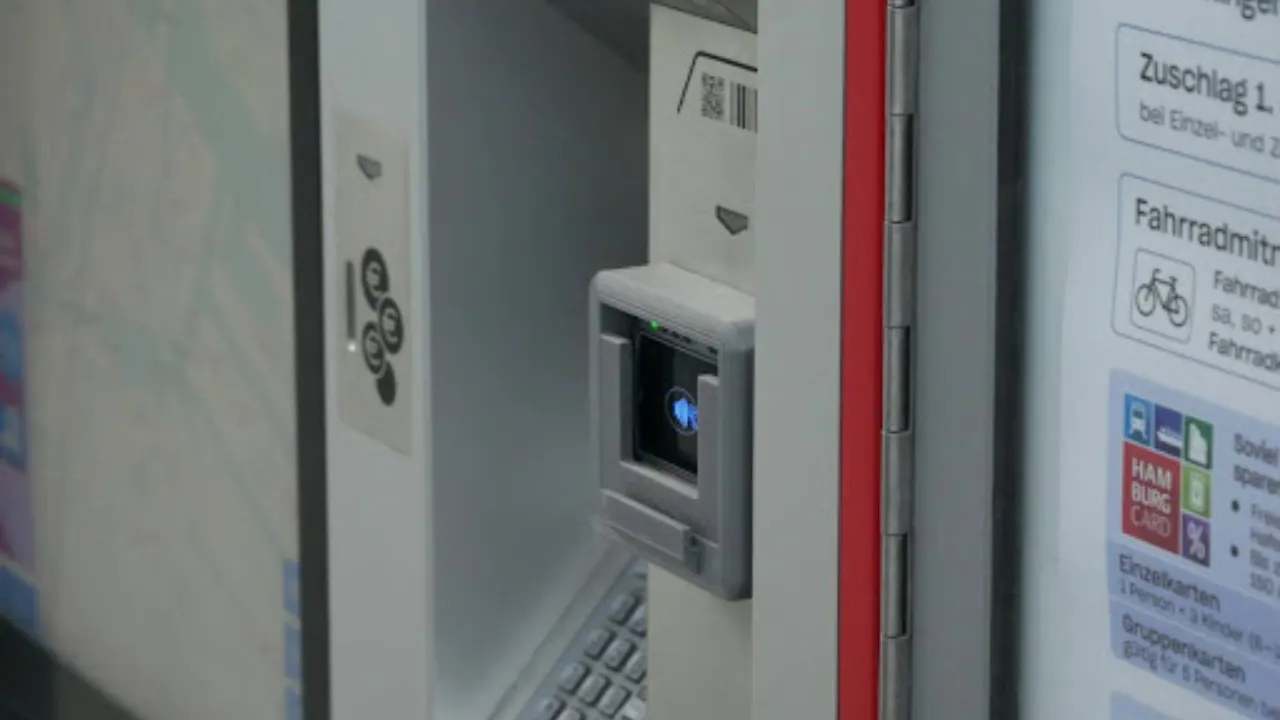
The truth of the matter is that, no matter what people think, the internet is more dangerous than ever. Cybercrime is through the roof. More people are being targeted by cybercriminals than ever before.
If you run a business, you need to take the time to educate yourself about the threats to your business’s digital assets. Unless you are a cybersecurity professional, however, the chances are you will have a hard time learning about these things.
This post intends to explore the most basic threats to servers and networks every business owner should know about. Read on to find out more.
Physical Threats
While this post’s primary focus will be on electronic threats, it’s worth noting that natural disasters and other accidents pose a significant threat to your business’s servers and networks, especially if they are housed in physical units. Of the most common risks to electronic assets, water damage is the most dangerous. Water can damage units beyond repair.
Do everything you can to protect your digital assets. There are many ways you can do this. You need to assess the physical threats unique to your geographic location. Also, think about theft and fraud. If your business keeps expensive computer equipment on its premises, security is essential. The last thing you want is for computer units to get stolen.
Malware Attacks
Malware attacks are one of the biggest cyber threats your business will have to face. Malware is an aggressive type of online virus that can destroy your computer. One of the most hostile forms of malware is the Trojan horse. Trojan horses are common throughout the internet today, and if you are a regular internet user, you will encounter them sooner or later.
The best way to mitigate against malware attacks is to invest in the highest-quality anti-malware software you can find. A good way to determine the suitability of anti-malware software is to read through the reviews of specific software providers and find out what customers are saying about them.
Ransomware Targeting
Ransomware is a type of virus that hijacks people’s computers (or the data stored on them) and holds them for ransom. These attacks can be highly traumatic. People are at the mercy of hijackers, and until they pay them the money they ask for, their computers cannot be used. Sometimes, hijackers do not even restore access after payment.
The problem with ransomware targeting is that it is almost always targeted with precision. Criminals know that the people they are targeting can afford to pay them the money they want. If they cannot, the criminals stand to lose nothing and destroy people’s computers.
Phishing Attempts
Phishing is a common strategy employed by cybercriminals to steal people’s personal information. More often than not, phishing attempts are made via email. They are sometimes also sent as text messages. Fortunately, if you know a little about cybersecurity, phishing attacks are easily avoided.
All you need to do is avoid opening emails or text messages from unfamiliar phone numbers. Make sure that when you receive unsolicited messages that appear suspicious, you report them. This can help stop cybercriminals in their tracks and protect other ordinary working people like you from them.

Data Leaks
Data leaks are one of the biggest threats to your business. Something a lot of business owners do not know is that most leaks occur from within. If you run a business, it is your employees you need to pay special attention to. You should expect cybercriminals to try and attack you, and you should safeguard against that. Most people do not expect their employees to sabotage their businesses, however.
The vast majority of corporate data leaks are completely accidental, but they are sometimes intentional and done for profit. Make sure you carefully vet employees. Only hire people you believe are trustworthy and share your values. You can hire recruitment agencies to find employees for you. They will be able to carefully vet them. Vetting them will help you to ensure you hire only the most qualified and experienced employees, as well as people you can trust.
Weak Passwords
Weak passwords are something else you need to watch out for. Do not get into the habit of setting weak passwords for your business’s computers or accounts. Weak passwords can be problematic and may lead to serious data leaks occurring. Criminals have tools they can use to guess your password, so make sure you set one that’s impossible to guess.
As well as setting strong passwords, you may also want to use two-factor authentication. Two-factor authentication will mean that in order to access your accounts, you will have to enter a code that will be texted to your mobile device or sent to an approved email address before you can log in.
Unauthorised Access
Unauthorised access to your business’s accounts can be problematic. Your primary focus as a CEO should always be protecting data. Customers trust you with their data. If you do not take steps to safeguard it, you can get into a lot of trouble.
Make sure that you only let trusted employees access company accounts and devices. As well as being very careful about who you entrust accounts and devices to, make sure you keep passwords safe and do not store them somewhere where they can be stolen or found by unauthorised individuals.
Supply Chain Interference
One of the most significant threats to your business is supply chain interference. This is when criminals access accounts and make unauthorised changes to your business’s supply chain. Even minor modifications to supply chains can cause serious problems like products going out of stock or suppliers delivering items to the wrong addresses.
The best way to prevent supply chain interference is to download and use antivirus software on all of your devices. This software will block malware and ransomware and make it almost impossible for criminals to access company devices without permission, which will obstruct their supply chain interference efforts.
When you run a business, whether it’s online or in-person, you need to take steps to protect against cybercrime. Hopefully, this post will help you to understand why, as well as give you information on some of the most common strategies criminals employ to interrupt your business’s operations.


 Follow us
Follow us Follow us
Follow us















